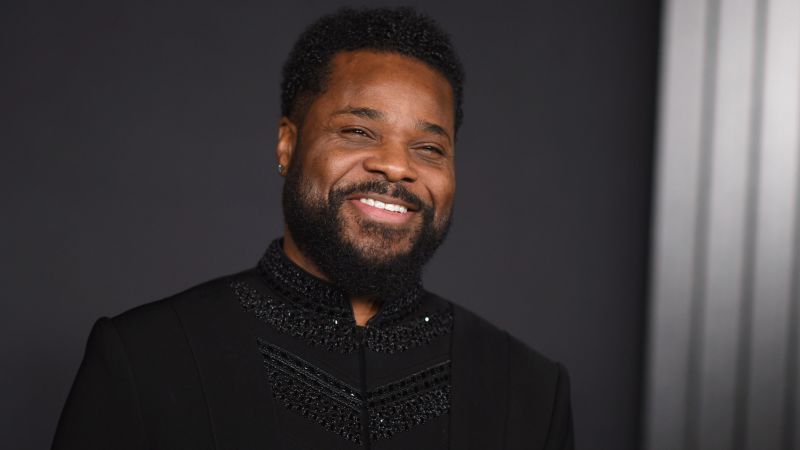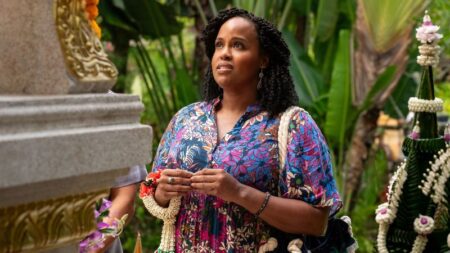Malcolm-Jamal Warner, a renowned actor and multifaceted artist known primarily for his role as Theodore Huxtable on the iconic television series “The Cosby Show,” has tragically passed away at the age of 54. According to reports from sources close to Warner, he died due to a drowning accident while vacationing in Costa Rica with his family. This unexpected loss has sent waves of shock and sorrow across the entertainment community and beyond, marking the end of a significant chapter for both Warner’s family and his countless fans.
Throughout his career, Warner made undeniable contributions to the American entertainment scene. He began his journey into acting at the tender age of nine, quickly establishing himself as a talented performer. Warner’s early experiences in the industry included roles in programs such as “Fame,” which helped him hone his skills. However, it was his casting as the only son, Theodore Huxtable, in the groundbreaking sitcom “The Cosby Show” that catapulted him to fame. Airing from 1984 until 1992, the series became not only a significant presence on television but also a cultural touchstone that addressed issues of race, family, and socioeconomic status in America.
In subsequent years, Warner reflected on the profound impact and legacy of “The Cosby Show.” He acknowledged how the show broke barriers and provided representation for the Black middle class on television, stating, “The fact that the Cosby Show for Black America and White America alike finally legitimized the Black middle class, which has always been around since the inception of this country but, as with everything, is not legitimate till it’s on television.” This sentiment encapsulates the broader societal discussions initiated by the show, as many viewers—both Black and White—debated the authenticity of the Huxtables’ portrayal and lifestyle, despite receiving a flood of appreciation and support from audiences who felt seen and represented.
Warner’s narrative goes beyond just playing a character; it speaks to the significance of storytelling in shaping perceptions. The impact of “The Cosby Show” reached far beyond the screen. The show’s influence can still be felt in contemporary television, where the importance of diverse narratives and authentic representation remains a pertinent issue. Warner often addressed the dual responsibility embedded in his role—as it was not merely about performance but about being part of something much larger than himself. He took pride in knowing that he was part of a production that resonated with many who saw their own lives reflected through the lens of a fictional family.
With Warner’s untimely death, the entertainment industry has lost a talented artist whose work inspired many. His recent vacation in Costa Rica was meant to be a time for relaxation and family bonding, tragically ending in a drowning accident that no one could have predicted. While the investigation into the circumstances surrounding his death continues, inquiries have been directed to Warner’s representatives for further comments and clarification, ensuring that his family’s needs are respected during this challenging time.
As news of his passing spreads, many fans, colleagues, and friends are expressing their condolences, sharing memories, and celebrating Warner’s life and contributions. The world remembers Malcolm-Jamal Warner not just as a child star, but as a talented artist whose work transcended the era of “The Cosby Show” and went on to influence new generations of artists and entertainers. This developing story serves as a reminder of the fragility of life and the powerful legacy one leaves behind, one that will continue to shine brightly in the hearts of many.











